

Book Value becomes a very important concept Want to find the hidden assets of the company.
If you want to be a legendary investor just like Warren Uncle. you have to look for those stocks that are carrying more value than their price. In other words, we can say successful investors always look for undervalued stocks.
Book value is nothing but an accounting value of a share recorded in the books of accounts of the company. some investors say that book value meaning is the number that is written in the books of a company. They are also correct.
Net-worth, Shareholder’s equity, and Total Equity are some other phrases for the same.
Important: Accounting Standards say that you have to record figures in the historical data.
Assume, If a company has purchased land for the factory of their business at the cost of Rs.1 crore way back in 2000. Now just think how much the value of land is appreciated in 2022.
Since the company is the actual owner of this property In 2000, the net worth of the company is Rs.1 crores, and try to calculate the net worth of the business in 2022.
Constructing Money?
Just be with us in the blog.
You will learn about many things.
Book Value is receiving a lot of attention these days, possibly because it is such an easy number to find. It’s being reported everywhere.
Since you have found out the net worth of the company now it’s time to distribute the net worth of the company in each share.
If we need to express in the mathematical terms then we can write as:
Book Value Per Share = (Total Share Equity – Preferred Equity)/Number of Outstanding Shares.
Example:- In this example we will try to take small figures so that you can understand easily.
Assume the Structure of Balance Sheet of Mittals Ltd. where they have Rs.10 Crores on the assets side and Rs.7 Crores on liabilities(excluding) Equity.
For some reason they want to shut down this business.
As they owe Rs.7 Crores they have to pay this first from the Rs.10 Crores assets later they are with Rs.3 Crores which belongs to shareholders.
Now the number of outstanding shares is 1 Crores.
So By the same mathematical expression which we discussed above the book value per share will comes out to be Rs.3.
People invest these days on the theory that if a stock’s book value is Rs.20 per share and it sells for Rs.10, they are getting a 50% discount. The flaw is that the stated book value has little correlation with the company’s actual worth.
We believe that you should not rely too heavily on book value because the book value of machines and equipment is recorded on the balance sheet as it depreciates.
Consider the garment factory, which is overstocked and unable to sell it. Because no one wants it. This is not available with the book value.
You must carefully examine both the assets and liabilities. Overpriced assets can sometimes cancel out real liabilities. When considering the book value, ensure that the assets justify the assets.

As the coin has two faces similarly, book value per share has a disadvantage. It excludes other intangible factors such as Goodwill, and Intellectual Property.
We hope We gave you some insights about the book value and delivered it in the best possible way.
Let us know what you think about the book value. leave your precious comment, and We will respond to it.
DO SHARE THIS ARTICLE with your friends or family. You can tweet out your thoughts by tagging us @rupayrajat on Twitter or on Instagram.
To your Investing and Financial Journey
Cheers

Rupay Rajat is a financial and investing blog. I write about financial instruments and the stock market in the most easiest language.
Latest Post

Let’s Unveiling the Power of Compounding in the Stock Market
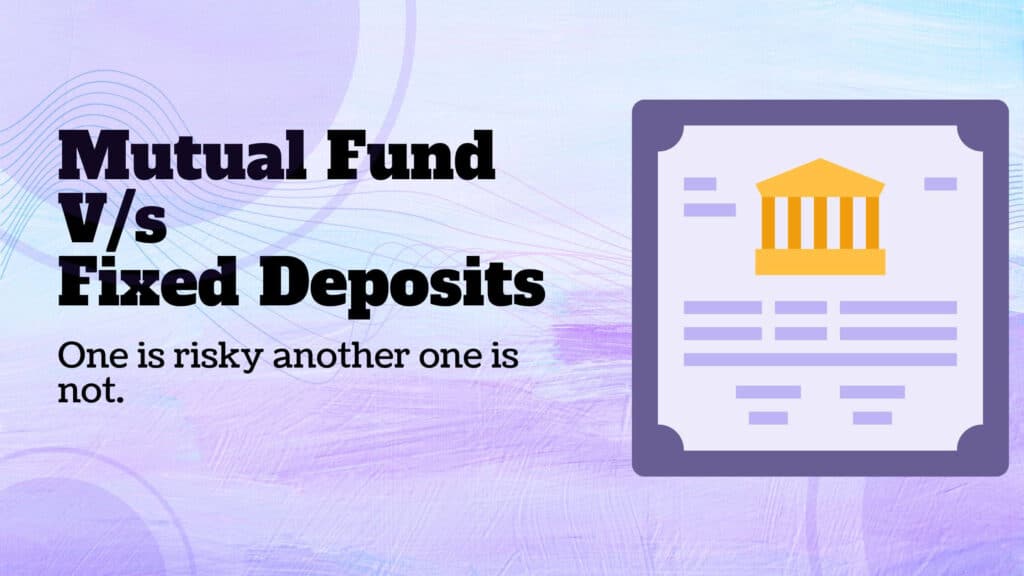
Mutual fund vs Fixed deposit – Where should you Invest?

How to invest in Mutual Funds? Easy Ways to Invest
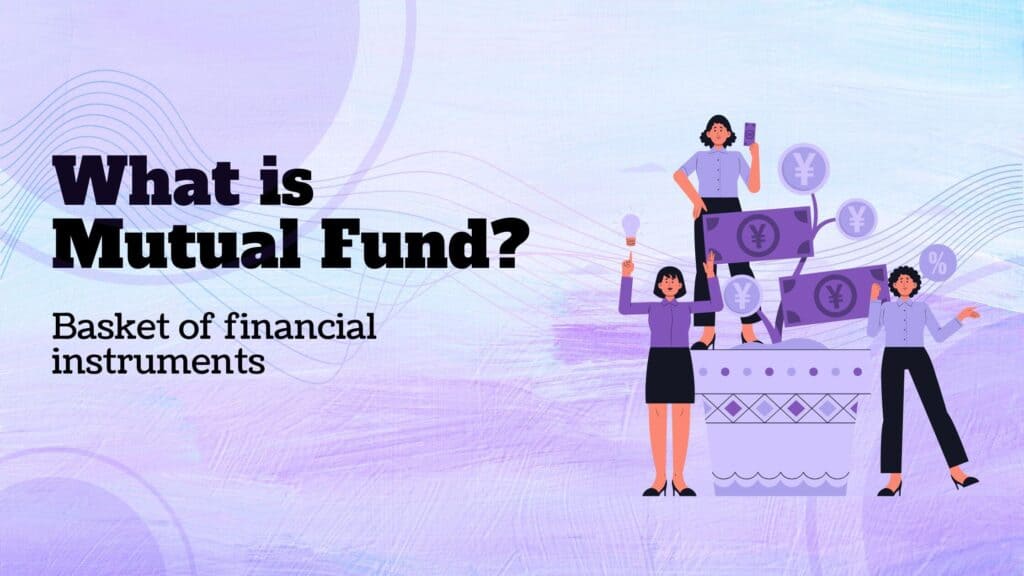
What is Mutual Fund? Simple Types of Mutual Fund

29 Best Stock Market Websites (Useful Websites and Apps)

What is the difference between share market and stock market?
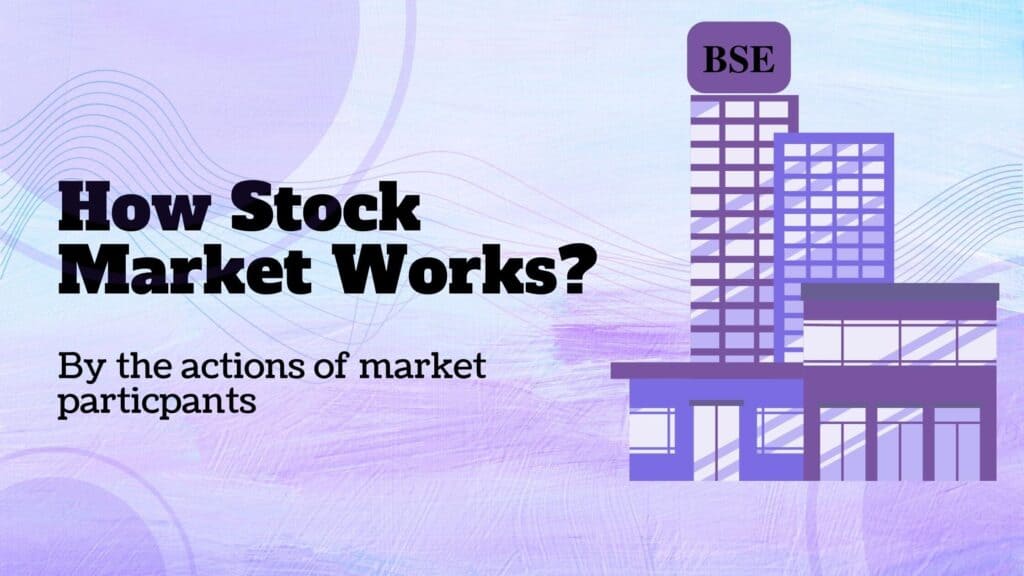
How the Stock Market Works in an Unusual Way
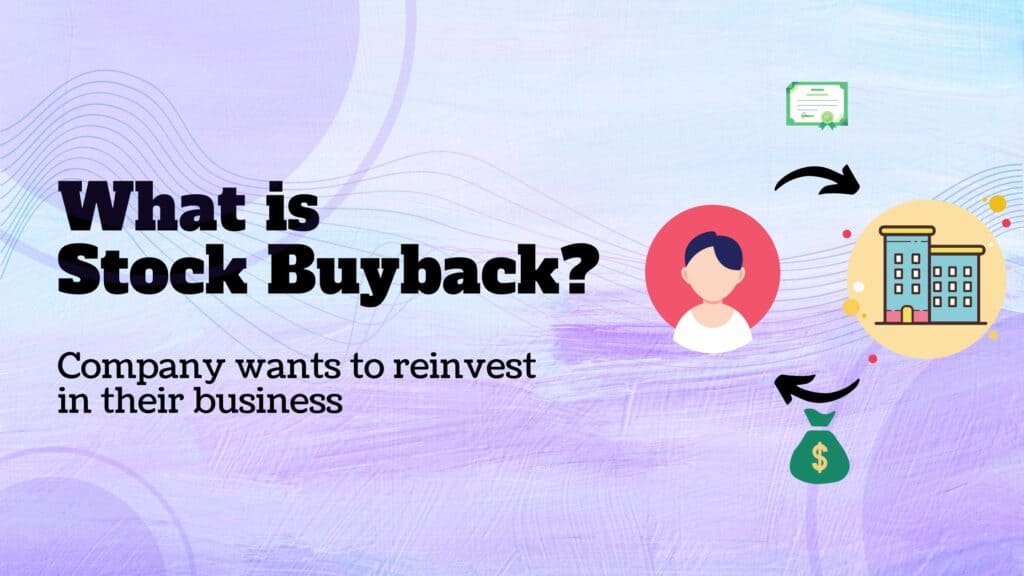
What is the Buyback of shares? What happens after Buyback?

What is Bonus Share? How Can I get One?
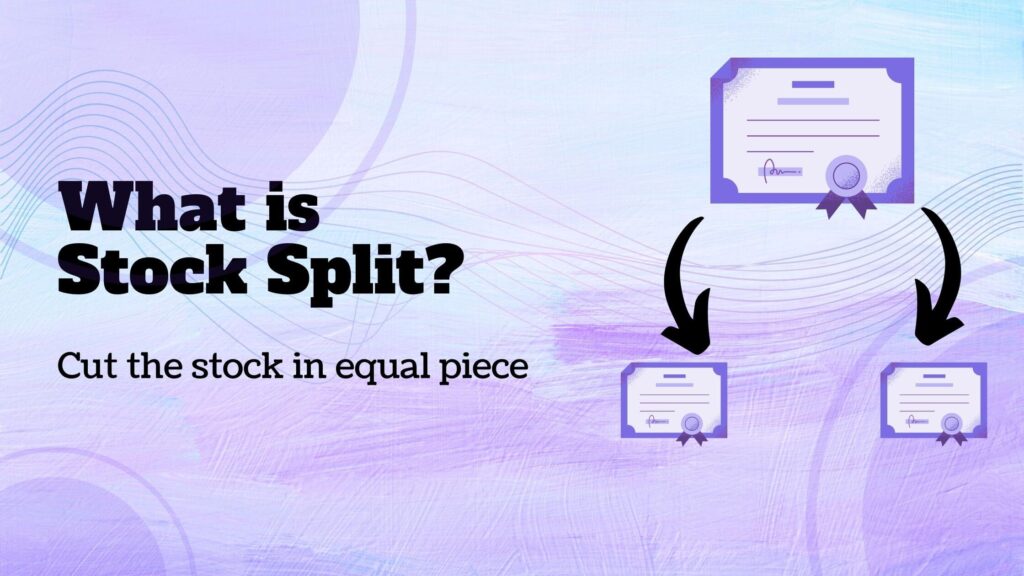
What is Stock Split? What will happen to shares after that?

What is the Book Value of a share? Valuation Metric of Share

What is the Face Value of the Share? Importance, Example
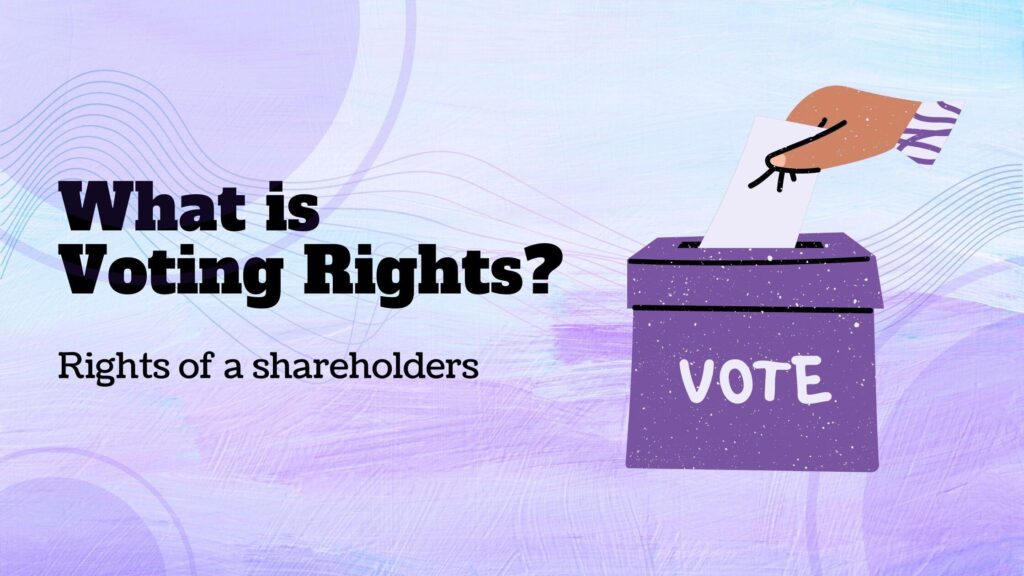
What are the voting rights of a shareholder? Importance
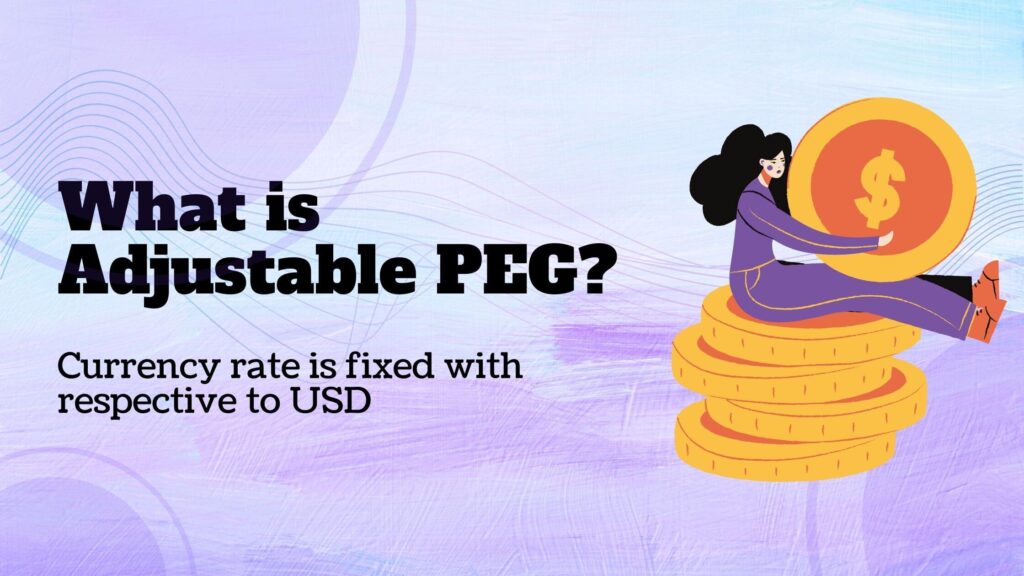
What is an Adjustable peg? Effect of Forex Market
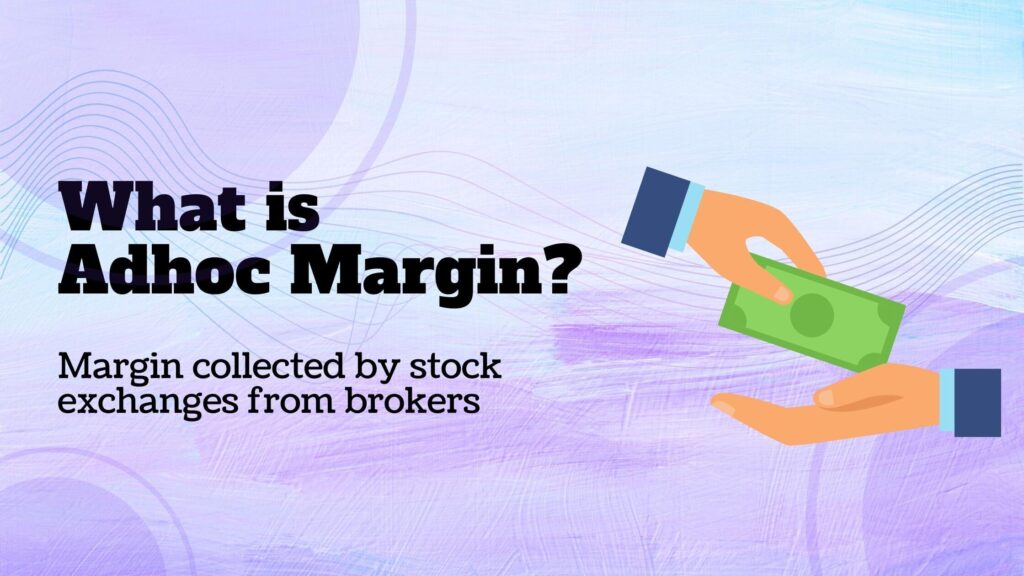
What is Adhoc Margin? Who Collects from Whom?